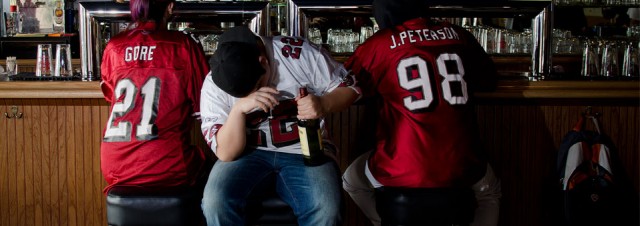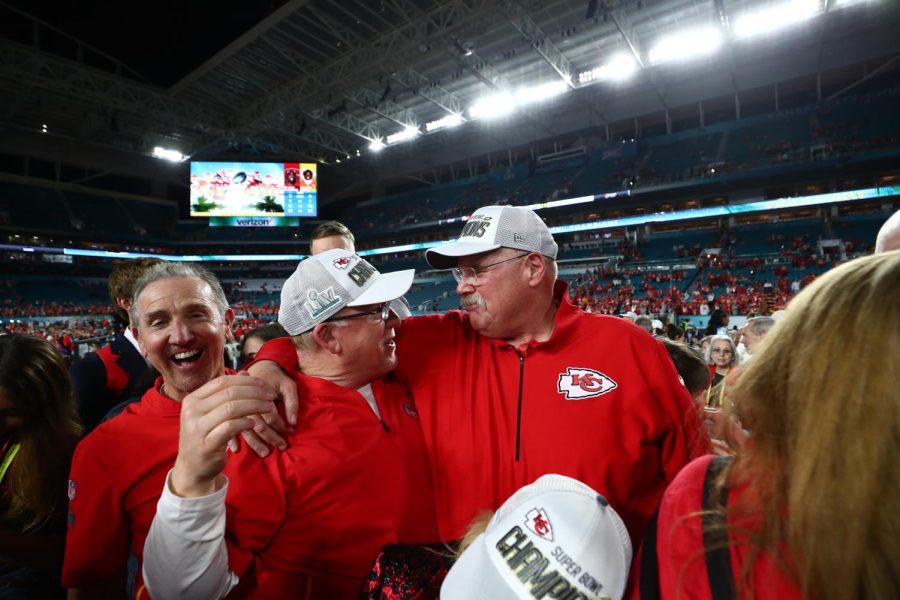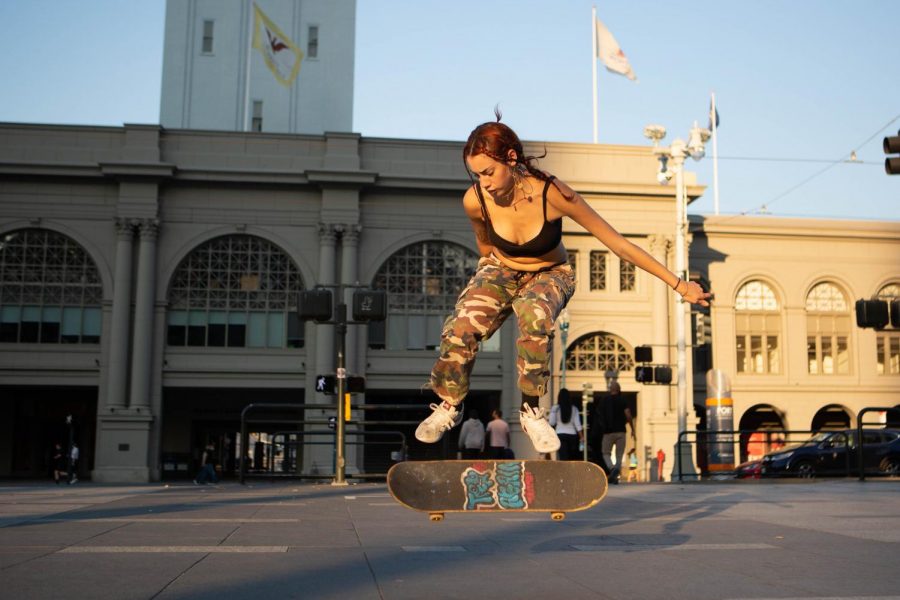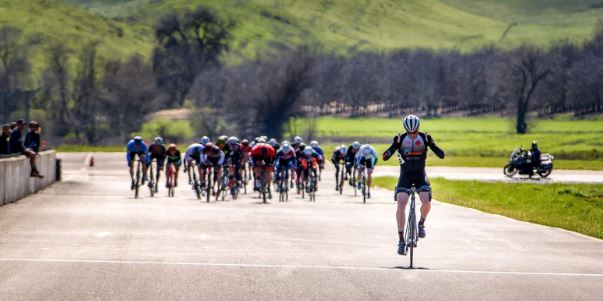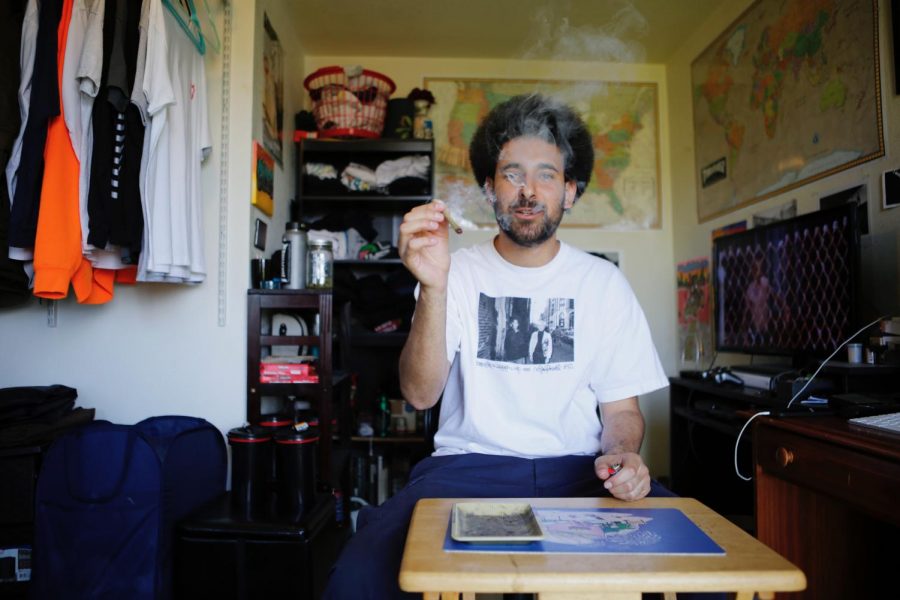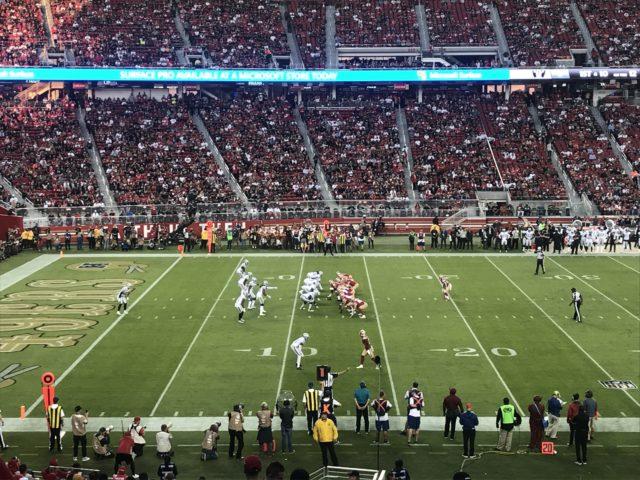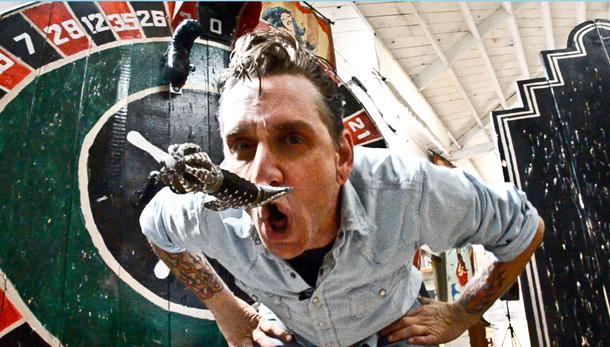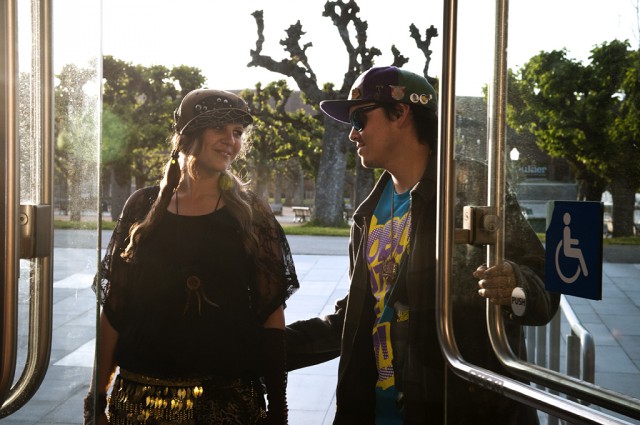They watched in hopeless anticipation as the New York offense prepared for the crushing blow. As the comprehension set in, fans told themselves not all was lost, that the kick was not a sure thing, that a blocked kick was still a possibility. None of them actually believed it. They knew deep down that their season was over, stolen from them in an unacceptable manner. There was nothing they could do about it. The kick went up and through the uprights, closure finally coming to the game they had already known was lost. For a fan base as passionate as this one, there would be no quick fix. They were about to embark on an emotional roller-coaster of epic proportions.
HOMESICK
The phone was ringing off the hook, friends and family desperately seeking some sort of consolation. On any other day, that phone would have been answered. But not this day. Not after her team, who she had faithfully followed since its inception in 1946, experienced the most agonizing defeat she could remember. For the elderly season ticket holder who had never missed a game, no words of support could be mustered. It was she who would need some type of solace.
Mrs. Patterson sat glued to her seat at home, her age having forced her years ago to give up her beloved season tickets, unable to comprehend the turn of events that had taken place. It was not just another game for her. It was a game that would have validated the return to greatness of the team she so cherished. A game that would have rewarded her loyalty to the team she had stuck with when they toiled through years of irrelevance. But they lost. Sure victory had been snatched away in the most brutal of ways. This loss hurt bad.
The minutes ticked by, and more calls went unanswered. But still Mrs. Patterson sat glued to her seat. She stared at the television, but did not watch; the highlights and interviews that played before her were wasted on shell-shocked eyes. She was a fan that prided herself in not taking the game too seriously. Win or lose, this was her team. But she had never experienced this type of loss. She did not know how to react. So she didn’t.
When Mrs. Patterson finally found the strength to rise, she walked slowly to the kitchen to make some tea, images of the game swirling through her mind. She prepared it robotically, oblivious to the amounts of honey and lemon she put in, completely unfazed by the scalding hot water. She sank slowly back into her seat, once more staring blankly at the screen. The phone rang once more. She stared at it wistfully, debating as to whether to answer it or not. She rose again and strode towards it, mentally preparing herself for her roll as the post-game therapist. When she got there, however, she just stared at it and listened to the ring. She turned around, strode back to her seat, and once again sat down. She stretched, closed her eyes, and let her mind wander back to the game, the phone still ringing over and over. A phone that on this day would remain unanswered.
TONGUE-TIED
He watched as tears fell all around him, visible through the rain that penetrated Candlestick Park. Fathers comforted their children, lovers held each other close, and friends stared in disbelief after the shocking turn of events. Grown men were broken, childlike emotions overwhelming them. Greg Manson watched it all, he too was overwhelmed.
Time had seemingly stopped as he walked slowly through the stadium with his father. They made their way up the cold, wet stairs, through the stony corridors, and towards the tall, metal gates. Anger was evident on some faces, while sorrow consumed others. Pain was the only common denominator.
Camera crews representing different news stations littered the stadium seeking the reactions of the defeated crowd. None, however, would give these reporters the time of day. Twice they asked Manson to stop for a second and express the emotions he was receiving. Twice Manson walked right past. He, along with the vast majority of the crushed crowd, had nothing to say.
Scores of N.Y. Giants fans littered the stadium, the jubilation from their teams win equaling the agony Manson felt. The sentiments Manson felt on seeing them changed by the second, envy replaced by anger, and anger replaced by sadness. Most of all though, it was the helplessness he felt that drove him into increasing misery.
He exited the stadium and reunited in the lot with his once blissful peers. The agony on their faces mirrored his. Plans of celebration were quickly disbanded and Manson simply grabbed the rest of his beer and started the long trek with his father back to their car. He reached into his case of Budweiser and cracked open the first of what would prove to be the remedy to his problems. The ten-minute walk felt like an eternity to Manson, beer after beer consumed, different possible outcomes swirling through his head. When he finally reached his car, Manson turned around and took one last look at the stadium that churned the grandest nightmare of them all. He took one last swig, tossed his beer can aside, and got in his car for what proved to be the longest ride home he had ever experienced.
NO LAST CALL
Yancy’s bar had never been so quiet. A blind man walking in might have thought it empty. But it wasn’t empty. In fact, it was full to capacity. A dazed, drunken stupor had befallen the previously rowdy crowd, unsure if what they had just witnessed was real or simply an alcohol induced dream. This mob had not accounted for failure, hometown pride having convinced them that victory was the only possible outcome. Their minds could not fathom what their eyes had just seen, the ruthless side of sports having made an unwelcome appearance. Ian Tomitch’s honeymoon ride had just come to a screeching halt.
Unpleasant reflection crept into his mind, a flood of “why’s” flushing out any other thoughts. “Why couldn’t Crabtree catch more passes?” he asked himself. “And why did Kyle Williams have to go and destroy our season like that?” Question after question formulated in his head, a conversation with himself taking place in his mind – discussion with anyone else simply was not going to happen. For Tomitch, a die hard 49er fan who bleeds red and gold, no words could describe what he was feeling. Not that anyone would want to describe what a broken heart felt like.
Drinks continued to be poured and the crowd gradually found their voices. Enraged fans shouted their displeasure, filling the bar with enough colorful language to make even a sailor blush. On a normal day, Tomitch would have yelled right with them; he was not a sore loser by any means but fan criticism in football is completely commonplace. This was not a normal day, however, and this was by no means a normal loss. Never had a game held more significance to Tomitch than this one. Too young to have truly been a part of the glory days of San Francisco football, this was his first taste of real success. It was taken from him in an instant. He would not yell today, he could not yell today.He searched for any means of escape, no longer could he tolerate being in this bar, the bar where his worst memories were born. He arose and exchanged goodbyes, citing his impending drive back to San Luis Obispo as his reason for leaving. All who really knew him though could see right through his excuse for leaving. A cutthroat bunch that relished any opportunity to poke fun at each other, this was an opportunity that they let slide. The sting in his eyes was evident, the mere sight of the red jerseys around the bar enough to evoke painful flashbacks. He could bare it no more. He walked out of the bar, into his car, and started his agonizing drive home.
TROUBLE IN THE WORKPLACE
Never could he remember the atmosphere of a stadium changing so quickly. In all of the games he had worked during the season, the emotional highs and lows that he was witnessing now blew everything else out of the water. He watched as season ticket holders he had bonded with over the year consoled each other after the mind numbing turn of events. While visible anger was evident in some faces, the shock factor was the most impressionable on him.
As fans started to trickle out little by little, Carlo De Jesus, a first time usher, watched as a select few rose to their feet. They did not look angry, nor did they look distressed. Tears were in their eyes but they were smiling. They slowly began to clap their hands, one last show of support to the team they cherished. De Jesus began to clap with them, realizing what the vast majority was too hurt to see: this had been a special season, a season for the ages, one that he had been fortunate enough to be a part of.
He tried to show his support to the scores of heartbroken fans, offering words of comfort to those he felt needed it. His words fell on lost ears. Depression had already set in on the stadium, mental walls had blocked anything positive. He quickly gave up on his endeavor and simply met up with his fellow workers. What he arrived to was much of the same. Negative energy consumed them all.
He along with 175 other stadium workers waited patiently in the rain for the bus that would take them back to their cars. Conversation revolved around the tragic game, tension continually mounting. The longer they waited, the more restless they got. De Jesus’ morale began to falter, torn down by the thick waves of pessimism. That bus could not come fast enough. But it didn’t. Stuck behind hordes of cars, that bus did not arrive for another two hours. And for those two hours De Jesus and his peers waited, at times silent, at times loud, at all times, however, broken.


